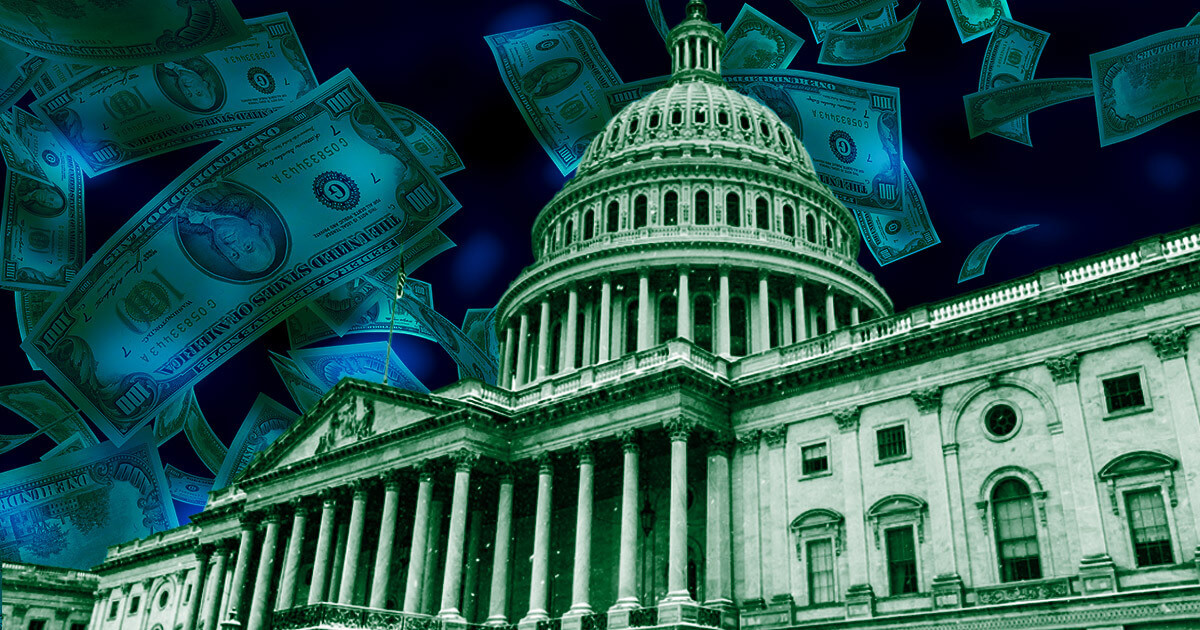
A coalition of US lawmakers wrote a letter to top government officials on April 28 expressing urgent concerns about the use of digital currencies such as Tether (USDT) by countries including Russia, Iran and North Korea to circumvent international sanctions.
The letter, signed by Senators Elizabeth Warren (D-Mass.) and Roger Marshall (R-Kan.), was addressed to Defense Secretary Lloyd Austin, Treasury Secretary Janet Yellen, Undersecretary for Terrorism and Financial Intelligence Brian Nelson, Director of the Financial Crimes Enforcement Network Andrea Gacki, and National Security Advisor Jake Sullivan.
The lawmakers highlighted recent reports, including a detailed Wall Street Journal article claiming that the stablecoin Tether has become crucial to Russia’s military operations, facilitating transactions despite sanctions and global financial restrictions.
The urgency conveyed in the letter reflects a growing consensus among U.S. leaders that the regulatory framework surrounding cryptocurrencies must be strengthened to address the sophisticated methods used by rogue states to evade sanctions.
Evasion of sanctions
Lawmakers cited numerous instances in which Russia used Tether to acquire dual-use technology, helping to support their military actions in Ukraine.
Despite the Treasury Department’s sanctions against Garantex, Russia’s favorite trading exchange, the platform reportedly continues to process significant amounts of crypto transactions.
The ongoing issue has prompted US officials to review more than $20 billion worth of crypto transactions possibly linked to Russian exchanges following the sanctions. The letter also raises concerns about the digital ruble and ransomware attacks as alternative methods for Russia to circumvent sanctions.
Senators also linked crypto to Russia’s purchase of weapons from China, stating that Russian arms traffickers are using crypto to “circumvent” US sanctions.
Furthermore, the letter reveals the broader implications of digital assets in global conflicts, including North Korea’s theft of billions in crypto assets to fund its nuclear ambitions and Iran’s use of digital currencies to fund groups designated by the US as terrorists. organizations have been identified.
In response to these concerns, lawmakers are calling for a detailed briefing on the actions taken and possible strategies to mitigate the risks associated with using crypto in sanctions evasion. They emphasize the need for additional legal and regulatory instruments to effectively combat these challenges and safeguard national security.
Previous developments
The November letter from the Treasury Department made two broad requests for new powers: the creation of a secondary sanctions instrument aimed at regulating crypto exchanges and fintech services used in terrorism, and closing loopholes in the law that addresses the use of crypto in illegal activities.
The letter also sought to confirm that the Office of Foreign Assets Control (OFAC) should have authority over USD stablecoin transactions that do not have US points of contact.
Warren previously highlighted the Treasury Department’s request for additional authority over crypto in an April 17 letter, writing that any new legislation would need to include the entire previous request and that other regulatory frameworks would allow stablecoins to further penetrate the banking system.
Warren is known for her numerous attempts to regulate crypto, mainly through her proposal Digital Assets Anti-Money Laundering Act.

